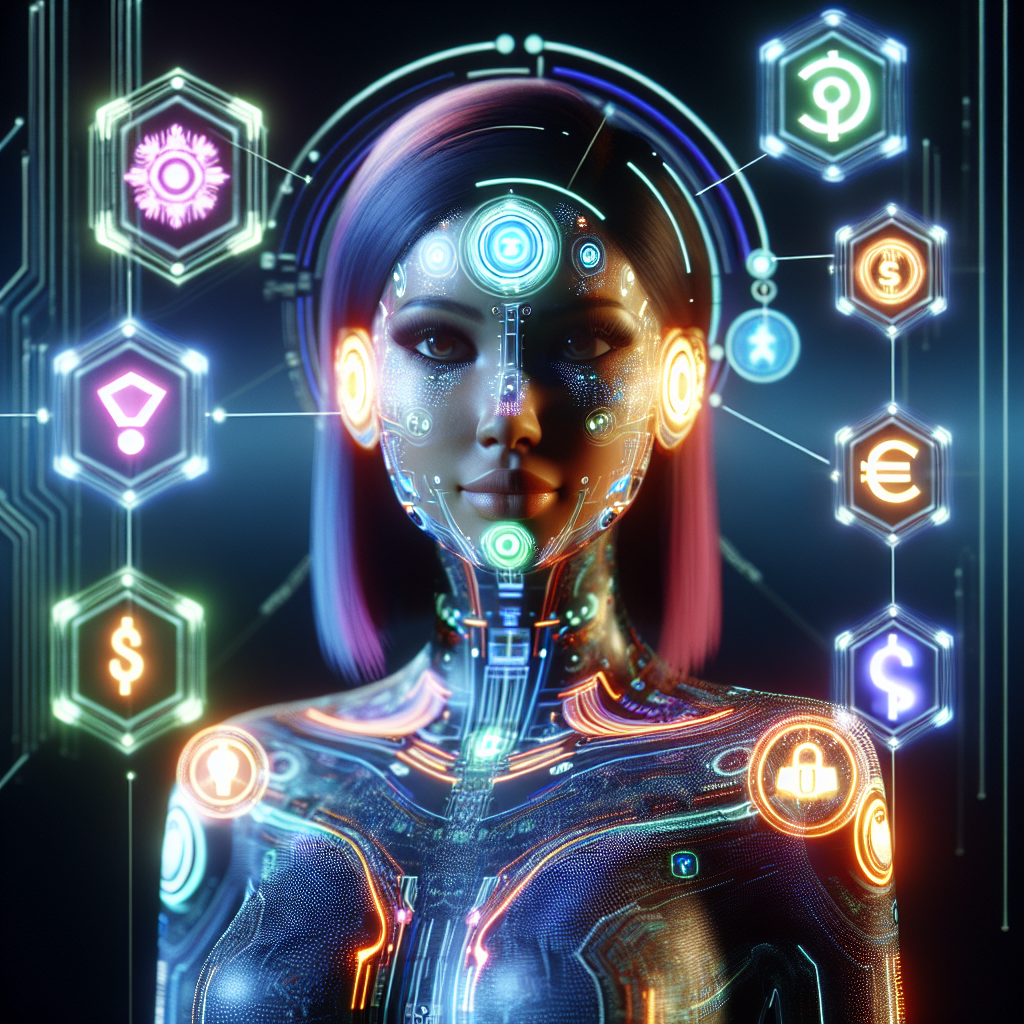Introduction to AI-Generated Influencers
In the bustling world of social media, a new trend is gaining momentum: AI-generated influencers. These digital personas, crafted entirely through artificial intelligence, are not just novel gimmicks but are being strategically monetized, reshaping perceptions of marketing and influencer engagement.
Understanding AI-Generated Influencers
AI-generated influencers are virtual characters developed using advanced AI technologies, including machine learning and graphic design. Unlike human influencers, they can be completely controlled by the brands or tech companies that create them. This control extends to their personality, appearance, and the content they produce, which makes them highly appealing to advertisers looking for consistent and predictable marketing campaigns.
Ways AI-Generated Influencers Are Monetized
Monetizing these AI creations involves several innovative strategies that leverage their unique digital nature.
Brand Endorsements
Like their human counterparts, AI influencers can promote products, services, or brands. The major difference lies in their programmability, which allows for perfect alignment with brand messages without the unpredictability of human behavior. Companies like KFC and Prada have already experimented with virtual influencers, attracting significant attention and engagement.
Sponsored Content
AI influencers can generate sponsored content that reaches millions of followers, delivering meticulously crafted messages designed to engage and convert. This content is often indistinguishable from that created by human influencers, maintaining a high level of authenticity and relatability.
Merchandising
Virtual influencers can also lead their own merchandising lines. Digital goods, such as virtual clothing for avatars in video games or unique filters and emojis for social media apps, represent a rapidly growing market. Physical merchandise is not off the table either, as fans often seek a tangible connection with their favorite digital personalities.
Implications for the Marketing Industry
The rise of AI-generated influencers signals a significant shift in the marketing landscape. Brands can now enjoy greater control over their marketing campaigns and mitigate the risks associated with human influencers, such as scandals or unpredictable behavior. However, this development also raises ethical questions concerning authenticity and the blurring lines between genuine human interaction and AI simulation.
Challenges and Considerations
Despite their benefits, the use of AI-generated influencers is not without challenges. The primary concern revolves around transparency. Consumers may feel deceived if they form emotional attachments to entities they believe are real people but are actually AI. Furthermore, the potential for deepfakes and misinformation is high, necessitating strict regulations and ethical guidelines.
Future Prospects
As technology advances, the capabilities of AI-generated influencers will only grow, making them even more indistinguishable from humans. This progression promises exciting opportunities but also demands careful consideration of the ethical implications.
In conclusion, as AI-generated influencers become more deeply monetized, they offer both lucrative opportunities and complex challenges. Their impact on the digital marketing world is profound, heralding a future where virtual and reality are seamlessly blended. This trend is not just reshaping business strategies but also consumer expectations and the very nature of social interactions.


